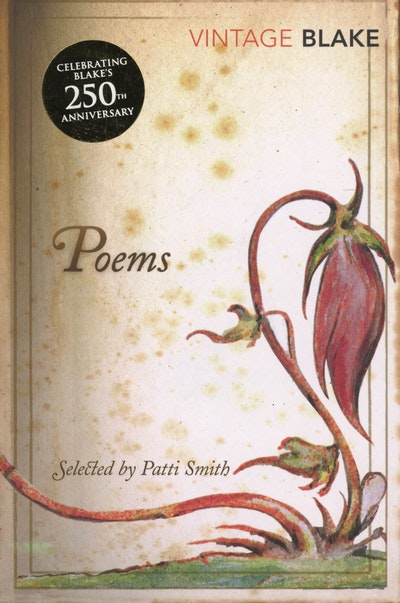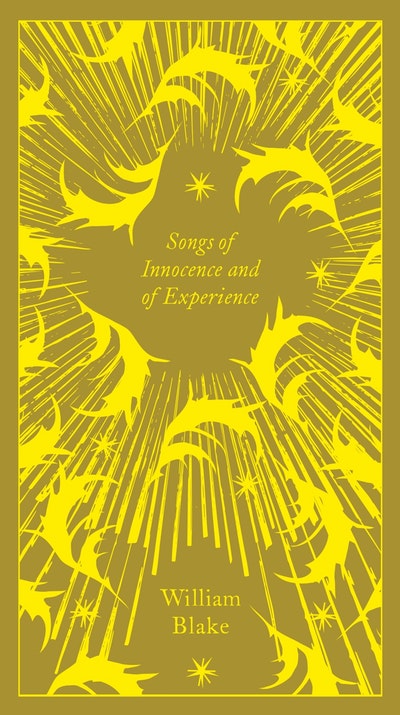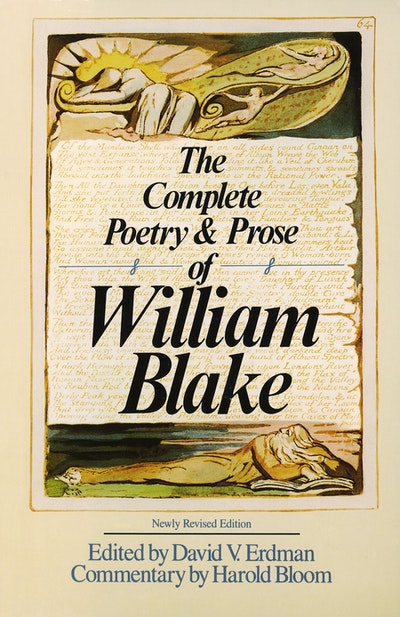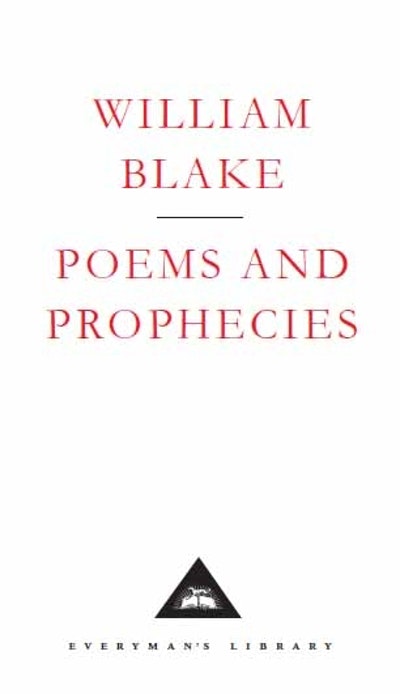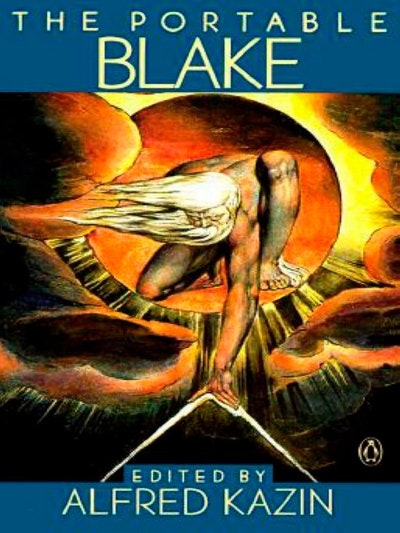- Published: 1 January 2008
- ISBN: 9780099511632
- Imprint: Vintage Classics
- Format: Paperback
- Pages: 192
- RRP: $19.99
Poems
Introduction by Patti Smith
- Published: 1 January 2008
- ISBN: 9780099511632
- Imprint: Vintage Classics
- Format: Paperback
- Pages: 192
- RRP: $19.99
A visionary genius... There are passages of brilliance everywhere... The wonder of Blake is that he had an imagination that brought together words and images
Independent
There was no doubt that this poor man was mad, but there is something in the madness of this man which interests me more than the sanity of Lord Byron
William Wordsworth
The movement of his [Blake's] early verse are like the gambollings of some very powerful animal, still in its fluffy-footed and tottering babyhood
Samuel Butler Yeats
[Blake] always insists on the importance of the pure, clean line that evokes and creates the figure on the background of the uncreated void
James Joyce
Blake is a great liberating imaginative force
Tom Paulin
The poems of a man with a profound interest in human emotions, and a profound knowledge of them
T.S. Eliot
